What do you feel when I say black cats, breaking a mirror, or the number thirteen? Do you deliberately avoid these things? Take a look at weird superstitions you might still believe in without even realizing.
Superstitions are an inherent part of any culture that helps us avoid bad things and do what may be good for us. Although most of us realize that these myths and old wives’ tales are not true, yet we keep practicing weird superstitions.
And even if you’re not superstitious, I am pretty sure you still practice a few of these false beliefs every now and then. Have you ever said “bless you” when someone has sneezed? Then there it is. Our ancestors believed that whenever we sneeze, the devil tries to steal our soul and hence we pray to God to bless that person.
Although many of these beliefs sound really silly, some of them are fairly common across the world and most of us practice these superstitions without even realizing it.
Related: Eye Twitches: Spiritual Meaning And Causes
What are superstitious beliefs?
It refers to a belief in supernatural forces like omens, luck, divination, spirits, spells, and curses and that it may affect our well-being. These are irrational beliefs and practices that arise from the fear of the unknown, misunderstanding of causality & science, and ignorance. It can also stem from a firm positive belief in magic, luck, or fate.
Superstitious we believe today are followed by those who do not follow the laws of nature or science and have the power to unpredictably influence our lives in both good and bad ways. These beliefs are a result of individual or communal beliefs and experiences. Hence, these are usually irrational and not based on scientific knowledge.
Related: 16 Signs Your House Is Truly Haunted & What To Do About It
18 Weird Superstitions You Might Still Believe In
Are you superstitious? Even if you’re not, there are several common superstitions you practice that you may not even realize. Here are some of the most popular ones that you need to check out:
1. Originally, the practice of covering our mouths while yawning started because our ancestors believed the devil could sneak and steal our souls if we did not.
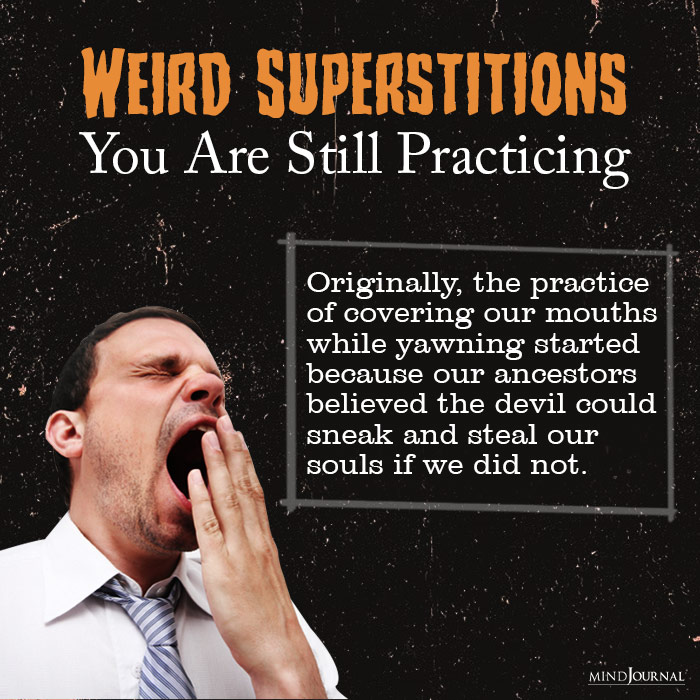
2. The practice of blowing out candles on your birthday originated from an old tradition where our ancestors paid respect to the Greek goddess Artemis. This is considered to be an auspicious practice.
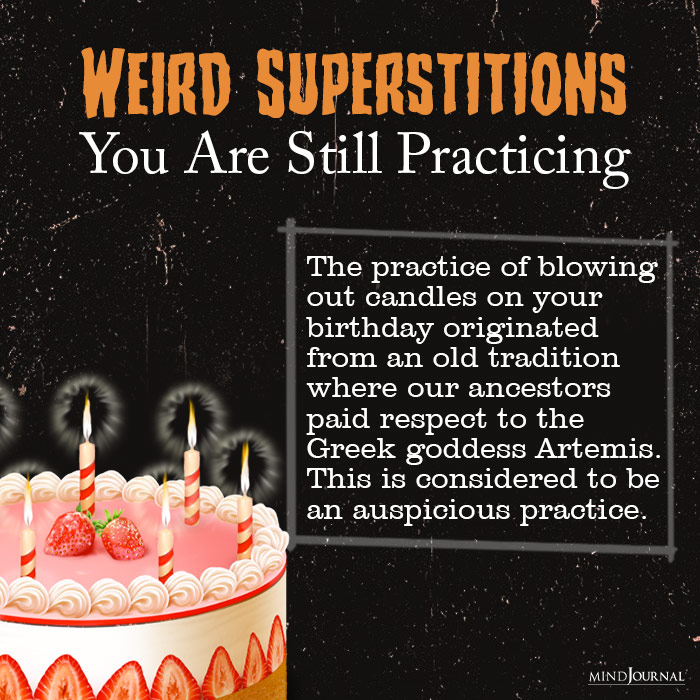
3. Superstitious people believe that wind chimes were mainly used to ward off evil spirits and to prevent them from coming inside the house or possessing the residents.
4. Modern Halloween is all about parties, costumes, and trick or treats. But the concept of dressing up for Halloween originally came from the notion to ward off evil spirits, ghosts, and ghouls by deceiving them.

5. We all love Jack-o-lanterns on Halloween, whether you are superstitious or not. Putting carved pumpkins outside on Halloween is derived from traditions related to the Celtic festival of the dead. Our ancestors left treats and carved turnips outside for departed loved ones and to scare away tricksters from beyond the grave.

6. People had middle names as it prevented others from putting a curse on them. People kept their middle names hidden as a full name is required for spells and curses. So if someone didn’t know about your legal middle name, they won’t be able to curse you.
7. In many cultures, superstitious people believe that leaving your shoes facing upside down on the ground can lead to your mother’s death.
8. We celebrate and make loud noises at midnight on New Year’s Eve in order to ward off and scare away ghouls and evil spirits. New years superstitions are surely weird.

9. On New Year’s Eve, we kiss exactly at midnight to send love and positive energy to each other and to purify one another of negative energies in the new year. That’s one superstition even all non superstitious love to engage in.
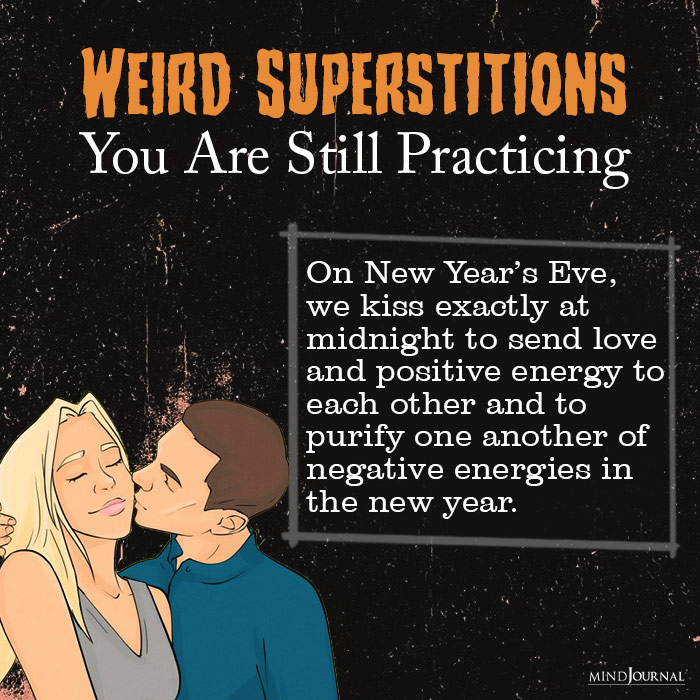
10. Clinking your glasses and saying cheers right before drinking is a way to make peace. In Feudal England, opposing forces clinked their glasses and mugs filled with beer or ale and made peace with each other. It was done to spill a little bit of your drink into the glass of the other person to make sure the drink was not poisoned.
11. At a funeral, church bells are rung to ward off evil spirits as they may carry the soul of the deceased person to hell.

12. In a wedding, bridesmaids are traditionally young women of marriageable age who are unwed. Originally, bridesmaids wore the same dress as the bride and heavily veiled their faces to protect the bride and to confuse evil spirits and jealous suitors.
13. Wedding rings are worn on the left-hand ring finger is one of the common superstitions, as superstitious people believe that a vein goes directly from that finger to your heart. It helps to keep the symbol of love and commitment close to your heart and makes your marriage blissful.
14. Fireworks were invented by the Chinese. Originally, fireworks were set off by the Chinese in the new year to ward off evil spirits.

15. We hold our breath while driving by a cemetery as it is believed that each breath may wake a resting spirit or your breath may make the spirits jealous as you’re still alive and they’re not. Whether superstitious or not, I will be doing this from now on instead of taking any chances.

16. Knocking on wood is one of the most popular superstitions practiced in many cultures around the world. It is believed that you can bring good luck and ward off misfortune by knocking on wood. In paganism, it is believed that knocking on the tree trunks can help to wake up and release spirits for good fortune.
17. In Japan, the number 4 is considered unlucky as it sounds like the pronunciation of the word “death”. Four is pronounced as “shi”, which is the same as death. Similarly, number 9 is also considered unlucky as it is spoken as “ku” in Japanese. The word “ku” also means torture, agony, and suffering.
18. It is believed that “666” is the number of the Devil. According to the Book of Revelation, three sixes in a row are said to be the number of the “beast” and a sign of the apocalypse. However, the author of the book was actually writing coded messages for persecuted Christians.
The name “beast” and the number “666” are actually contemporary references. In Hebrew, the numeric equivalent of three sixes in a row referred to Nero, the first-century Roman Emperor.
Having superstitious beliefs and believing the unbelievable
Over 25% of adult Americans consider themselves superstitious. Moreover, a whopping 70% of students in the U.S. rely on good luck charms to perform better academically. The interesting thing about these unreasonable beliefs is that even after knowing these are false and irrational, we still believe in them. But why? Do these beliefs fulfill a crucial psychological function?
Why do we believe in ghosts and monsters? Superstitions arise from the same trait that makes us believe in the supernatural. Whenever our mind is unable to find any logical explanation, it starts filling in the blanks by making things up. According to research conducted in 2010, these illogical beliefs can often work as our confidence and performance improves when we believe in good luck charms.
Psychologists have studied the function of such beliefs and discovered that these stem from the presumption that there is a strong connection between non-related, co-occurring events. But these are not just an expression of our unsound cognition. They can often provide a number of benefits.
These beliefs and assumptions have a soothing effect on our minds as engaging in superstitious behaviors give us a sense of control. It also reduces anxiety about the unknown.
Hence, your level of being superstitious may vary based on how stressed you are about a certain situation. According to an article published in the International Journal of Psychology and Behavioral Sciences, such irrational beliefs have evolved to give us “a false sense of having control over outer conditions” and to reduce stress and anxiety. Hence, these are mostly “prevalent in conditions of absence of confidence, insecurity, fear, and threat.”
Perhaps this is the reason why these myths, beliefs, and old wives’ tales have survived for ages and have been passed down from generation to generation.
Related: 100+ Two Sentence Horror Stories That’ll Freak You Out
How superstitious are you?
Which of these beliefs do you believe? How many of these superstitions do you practice? The truth is, we all do some small things that we believe will bring us good luck and avoid bad luck, whether we like to admit it or not.
If believing something makes you a little bit luckier and makes life a bit easier, then it couldn’t hurt. Could it? As long as our beliefs, even if they are irrational, give us the confidence to face challenges, helps to boost our performance, and relieve our stress and anxiety, there’s nothing wrong with being a bit superstitious.
However, it is also important that you believe in yourself and your efforts more than supernatural forces which may or may not affect the outcome. This Halloween, learn to overcome your irrational fear.


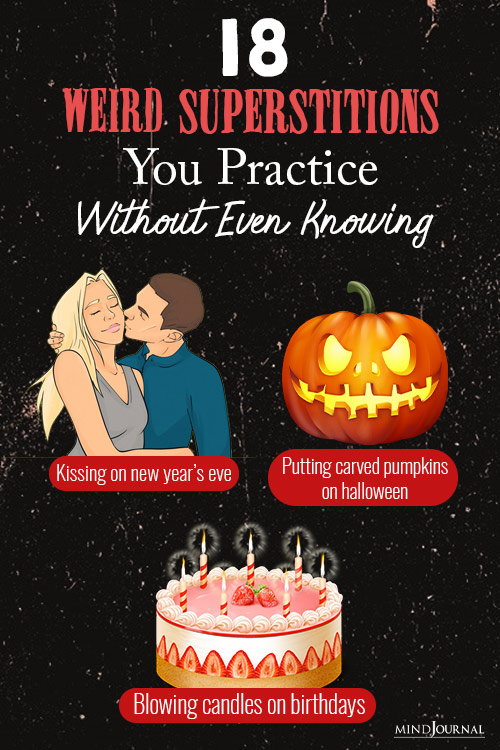
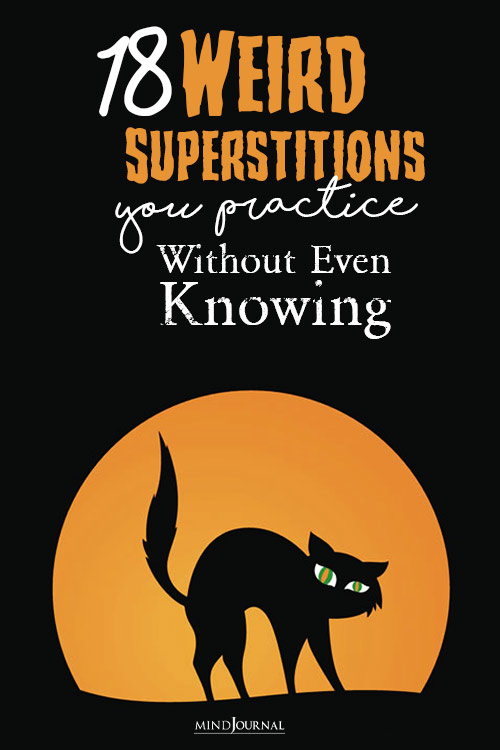

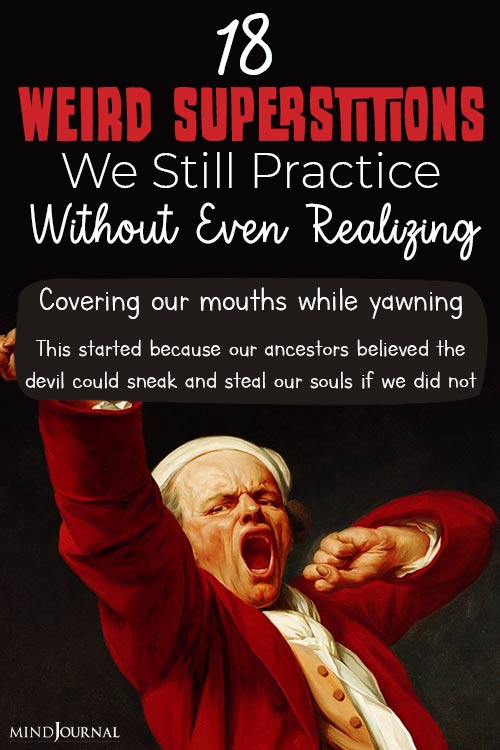


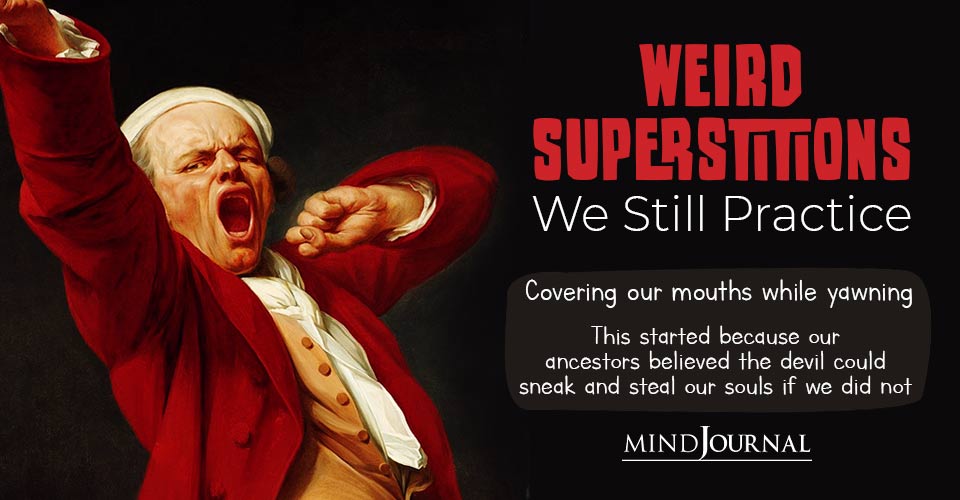

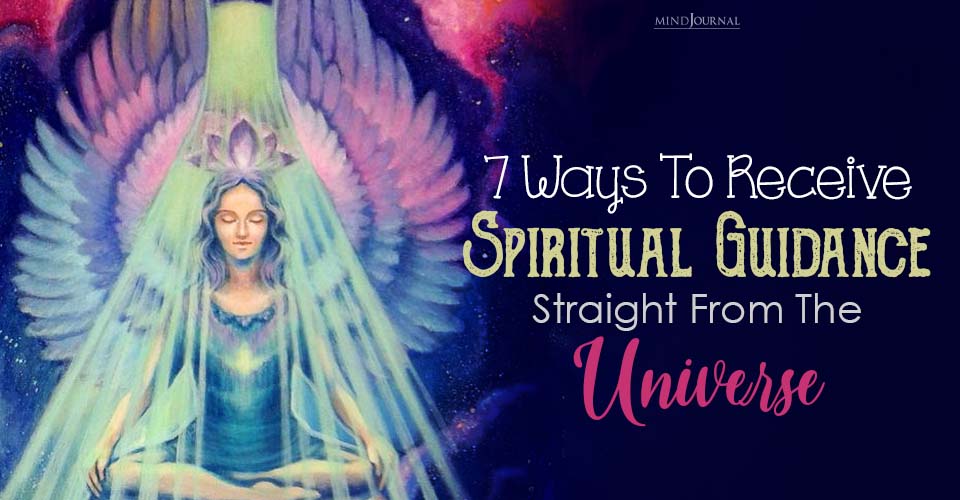



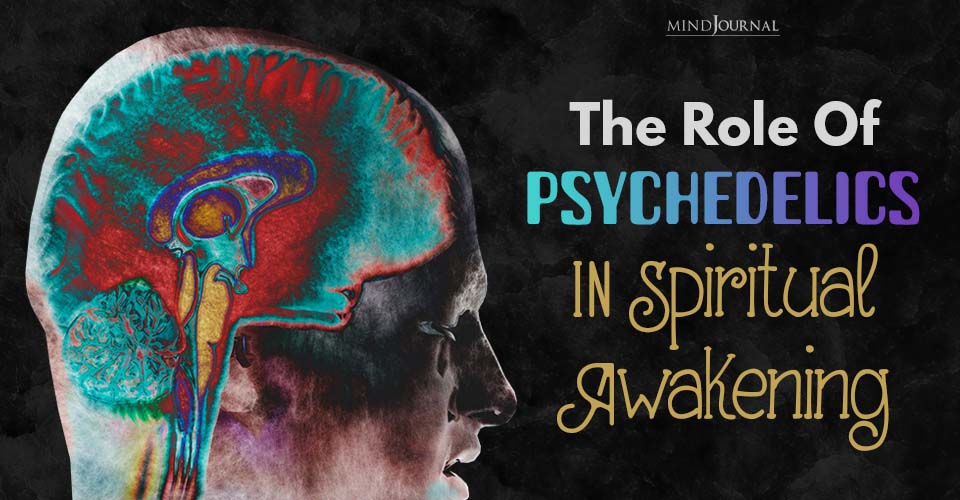

Leave a Reply